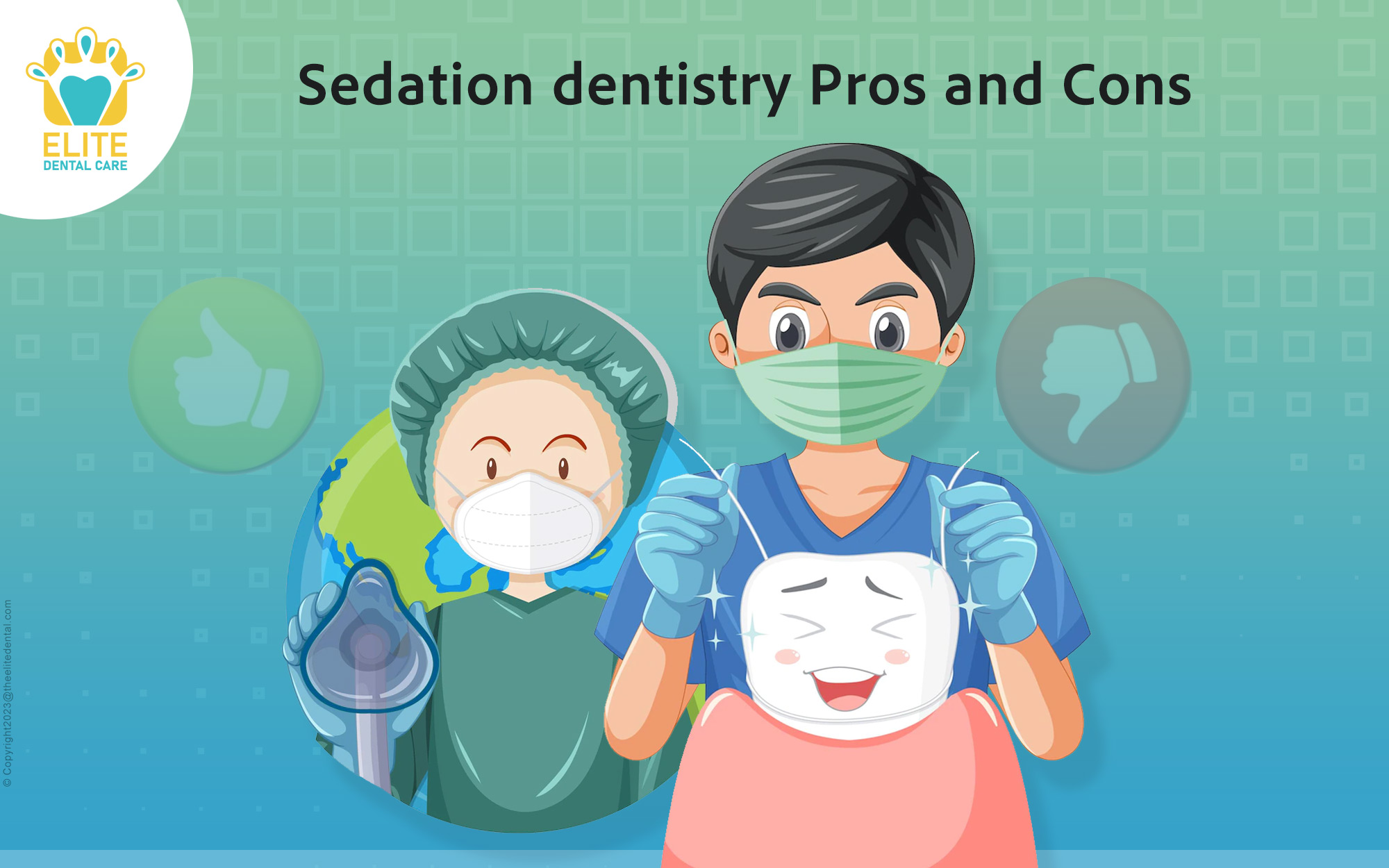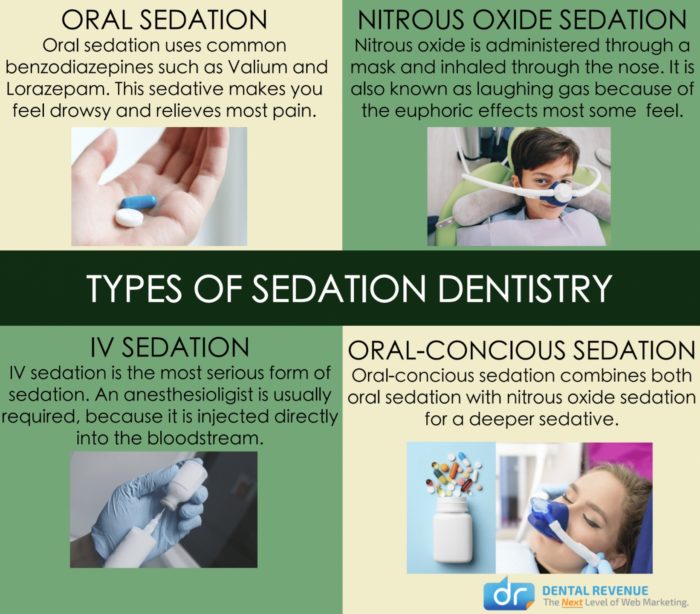Introduction
Sedation dentistry is a technique used by dentists to help patients relax during dental procedures. It involves the use of medication to induce a state of relaxation and calmness, allowing patients to undergo dental treatments without anxiety or fear. While sedation dentistry can be beneficial for many individuals, it is important to consider both the pros and cons before making an informed decision.
Pros of Sedation Dentistry
1. Anxiety and Fear Reduction
One of the primary benefits of sedation dentistry is its ability to alleviate anxiety and fear associated with dental visits. Many people experience dental phobia, which can prevent them from seeking necessary dental care. Sedation dentistry helps patients relax, making dental procedures more comfortable and manageable.
2. Increased Comfort
Sedation dentistry allows patients to experience increased comfort during dental treatments. The medications used in sedation dentistry can help numb pain and reduce discomfort, making it easier for patients to tolerate longer procedures or those that may be more invasive.
3. Time Efficiency
For patients who require extensive dental work, sedation dentistry can be a time-saving option. Since patients are in a relaxed state, dentists can often complete multiple procedures in a single visit, reducing the number of appointments needed.
4. No Memory of the Procedure
One of the advantages of sedation dentistry is that patients often have little to no memory of the dental procedure. This can be particularly beneficial for individuals who have had traumatic dental experiences in the past or those who feel anxious about the sights, sounds, or sensations associated with dental treatments.
5. Suitable for Various Dental Procedures
Sedation dentistry can be used for a wide range of dental procedures, from routine cleanings to more complex treatments like root canals or dental implant surgeries. It provides a viable option for patients who may have difficulty sitting still for extended periods or who have a low pain threshold.
Summary
Sedation dentistry can be a valuable option for individuals who experience dental anxiety or have difficulty sitting still for extended periods. The benefits include reduced anxiety, increased comfort, and the ability to complete multiple procedures in a single visit. However, there are also potential drawbacks to consider. Sedation dentistry may involve additional costs, require a longer recovery time, and carry some risks associated with the use of medication. It is crucial to consult with your dentist and evaluate your specific needs and concerns before deciding whether sedation dentistry is right f check my site or you.

- Q: What is sedation dentistry?
- A: Sedation dentistry involves the use of medication to help patients relax during dental procedures.
- Q: What are the pros of sedation dentistry?
- A:
- Relieves anxiety and fear associated with dental visits
- Allows patients with dental phobia to receive necessary treatment
- Reduces pain and discomfort during procedures
- Enables more dental work to be completed in a single visit
- Helps patients with a strong gag reflex or difficulty sitting still
- Q: What are the cons of sedation dentistry?
- A:
- Requires additional monitoring and specialized training for the dentist
- May have potential side effects or risks, although they are rare
- Can be more expensive than traditional dental procedures
- May not be suitable for patients with certain medical conditions or allergies
- Requires arranging transportation to and from the dental office

Welcome to my website! My name is Austin Waters, and I am a dedicated and experienced Dental Laboratory Technician. With a passion for dental health and a commitment to providing top-notch services, I am here to assist you in achieving a healthy and beautiful smile.



